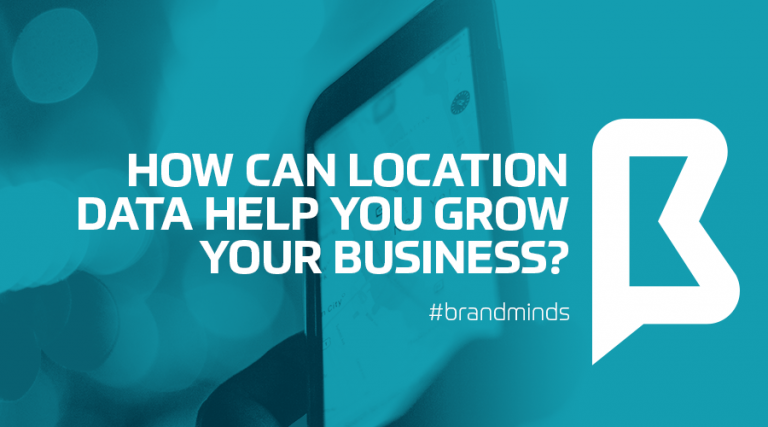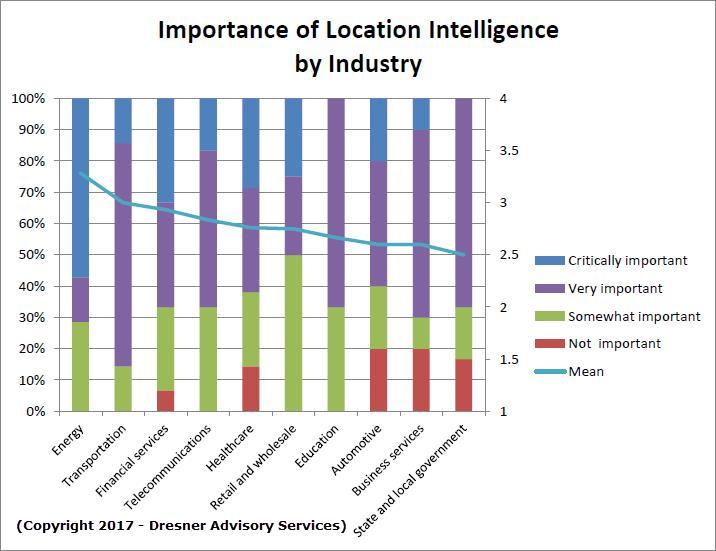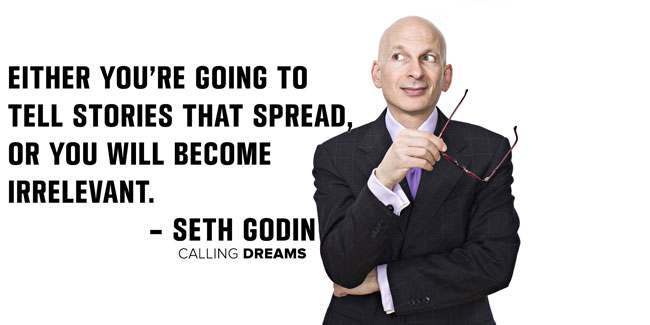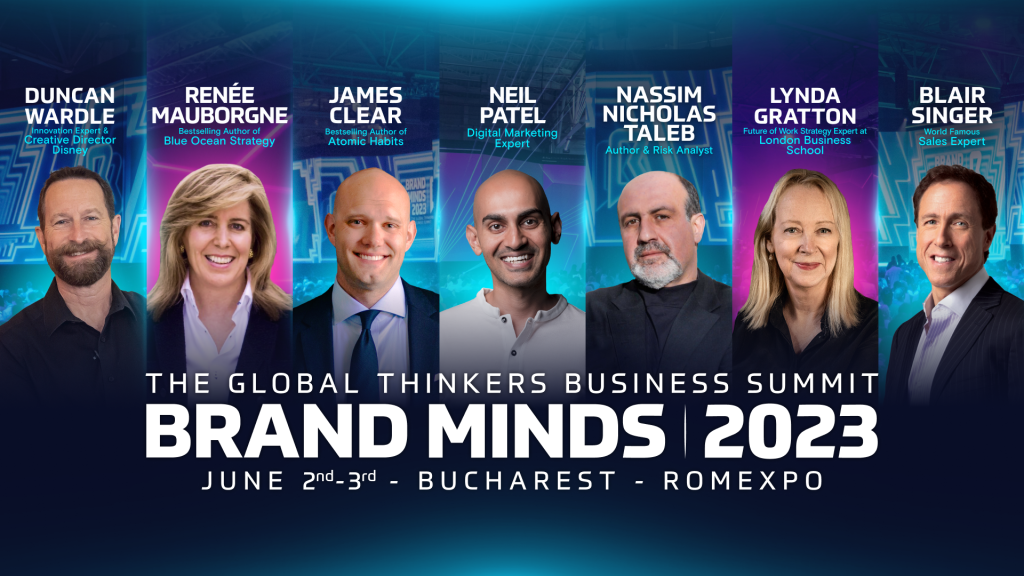How Can Location Data Help You Grow Your Business

The importance of data is growing daily and its impact on the businesses as well. Gathered and used in smart ways it can help you reach the right audience, in the right way. In other words, it’s a known fact that location intelligence has become a fundamental part of some of the most successful businesses in the world today. Tough economic times and the advancement of new technology in recent years have massively pushed the need for businesses to gain more transparent and competitive insights on their performance and opportunities.
According to geovation.uk, location provides meaningful context. It can identify essential relationships between geography and consumer experiences, products and services. Location intelligence answers important questions, such as ‘where are my most valuable customers?’, ‘where are the issues impacting my supply chain?’ Location intelligence can detect clusters and patterns of events, make predictions, and provide the basis on which to make better business decisions.
Knowing the location of users, employees and company assets is becoming a vital part of many businesses in order to act efficiently and make informed decisions. From helping customers locate relevant amenities (e.g. Foursquare, Tripadvisor) to logistics companies optimizing delivery routes (UPS, Hermes), location, spatial data and digital mapping are playing a pivotal role in these business functions.

At the same time, location represents a great manner of revealing relationships between data sets that might not have otherwise been obvious and, through location analytics, arrive at great insights.
Worries about concerns like user privacy and data quality are valid: Know that it’s important to source location-informed insights from opt-in data that is thoroughly cleansed and, most importantly, aggregated and anonymized (the Location Search Association recently published a valuable landscape report analyzing the key providers in the space). Be sure to work with a data provider that adheres to emerging industry best practices, including use of data sourced only from apps with specific user opt-in (like Apple is now mandating), and complies with country-specific regulations, like GDPR. – entrepreneur.com
Data company Carto partnered with market research firm Hanover Research on a February 2018 study called “The State of Location Intelligence 2018,” surveying more than 200 C-level executives about the ways their companies are using location data to identify new consumer markets, improve marketing strategies and improve customer service. Here are some of their main findings:
- 66% of respondents said that Location Intelligence was “Very” or “Extremely” important today for their businesses, 78% said it would be in the next year, and 85% said it would be in the next three years.
- Only 27% said that they use any kind of custom geography and 17% use block groups. To understand location data, businesses must begin visualizing and analyzing at a deeper geographic level.
- Nearly all C-level and management level respondents,especially those from small to mid-sized organizations, note a strong likelihood to invest in Location
Intelligence within the next one (78%) to three years (84%). - Companies are very interested in finding data scientists that understand how to manipulate spatial data effectively, and conducting iterative spatial analysis is the most important step in applying Location Intelligence.
- “Ensuring data quality and accuracy” (49%), “gathering data real time” (40%), and “extracting data from existing systems in a usable way” (39%) are more commonplace challenges in terms of data collection.
Taking a closer look at these data, we can see for sure that if you know how to tap into the Location Intelligence right, your business can have a bright future and even expand, especially because many aren’t already using it at its full potential.
Therefore, how can you do more and be ahead of the rest? Entrepreneur.com is giving you some ideas:
- Use the big potential that research is offering you. “Location data can provide a stronger context of your target audience to better activate consumers. Beyond just marketing what you already have, it can also help reveal opportunities for products or services that you’ve not yet developed or marketed.”
- Competitive Intelligence. “This wealth of insight about where people go in the real world and, in particular, how they interact with your competition, is invaluable intelligence to your business and can help inform decisions about everything from pricing and inventory to in-store promotions and staffing levels.”
- Acquisition and investments. “Asset managers are increasingly turning to location data to inform their investments, according to a recent report from Optimas. Given this trend, location data should most definitely be part of your due diligence when evaluating any prospective investment or acquisition. Evaluate the foot traffic patterns in and around the business you’re considering and think about what it might reveal.”
More on the subject, tap here.
Inspirational study cases one can find in this Forbes article.
15 Things you might not know about Seth Godin
Seth Godin is one of the world’s most renowned marketing experts and a bestselling author. He was a keynote speaker at BRAND MINDS 2018.
BRAND MINDS is The Biggest Business Event in Central & Eastern Europe.
Seth Godin is the author of 18 books that have been bestsellers around the world and have been translated into more than 35 languages. He writes about the post-industrial revolution, the way ideas spread, marketing, quitting, leadership and most of all, changing everything. You might be familiar with his books Linchpin, Tribes, The Dip and Purple Cow.
More things about him that you might not know:
1. He received degrees in computer science and philosophy from Tufts University, followed by an MBA in marketing from the Stanford Graduate School of Business.
2. From 1983 to 1986, he worked as a brand manager at Spinnaker Software. After leaving Spinnaker in 1986, he used $20,000 in savings to found Seth Godin Productions, primarily a book packaging business, out of a studio apartment in New York City. He then met Mark Hurst and founded Yoyodyne. After a few years, Godin sold the book packaging business to his employees and focused his efforts on Yoyodyne, where he promoted the concept of permission marketing.
3. In addition to his writing and speaking, Seth founded both Yoyodyne and Squidoo. His blog (which you can find by typing “seth” into Google) is one of the most popular in the world.
4. He was recently inducted into the Direct Marketing Hall of Fame, one of three chosen for this honour in 2013.
5. Godin once again set the book publishing industry on its ear by launching a series of four books via Kickstarter. The campaign reached its goal after three hours and ended up becoming the most successful book project ever done this way.
6. In April 2016, Godin’s book, All Marketers Are Liars, was selected by Forbes contributor Carine Alexis as one of six essential books every marketer should have on their shelf.
7. His newest book, What To Do When It’s Your Turn, is already a bestseller.
8. “Seth Godin may be the ultimate entrepreneur for the Information Age,” Mary Kuntz wrote in Business Week nearly a decade ago.
9. “We need to care enough to connect, care enough to put ourselves at emotional risk to touch other people and play one note that’s worth hearing,” Godin said for TEDx.
10. According to entrepreneur.com, Godin has one of the most-loved marketing blogs on the internet.
11. In 2005 he launched Squidoo, a website that helps hobbyists publicize and monetize their personal passions and now attracts more than 53 million unique visitors a month.
12. Still, according to entrepreneur.com, he is not a Facebook fan or Twitter and has no publicist. Books from his publishing venture The Domino Project, launched in conjunction with Amazon, did not have major publicity pushes or wide releases at bookstores.
13. As a child, Seth Godin played the clarinet.
14. Godin is aiming to connect with should-be, almost-are or want-to-be artists.

15. He created a ten-book series for children titled ‘Worlds of Power’, which was written by various writers and in each series a plot of a video game is explained.
Are you a #worldchanger?
Come to BRAND MINDS 2023!


